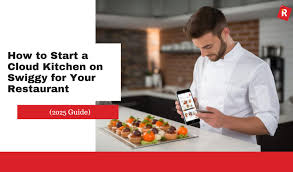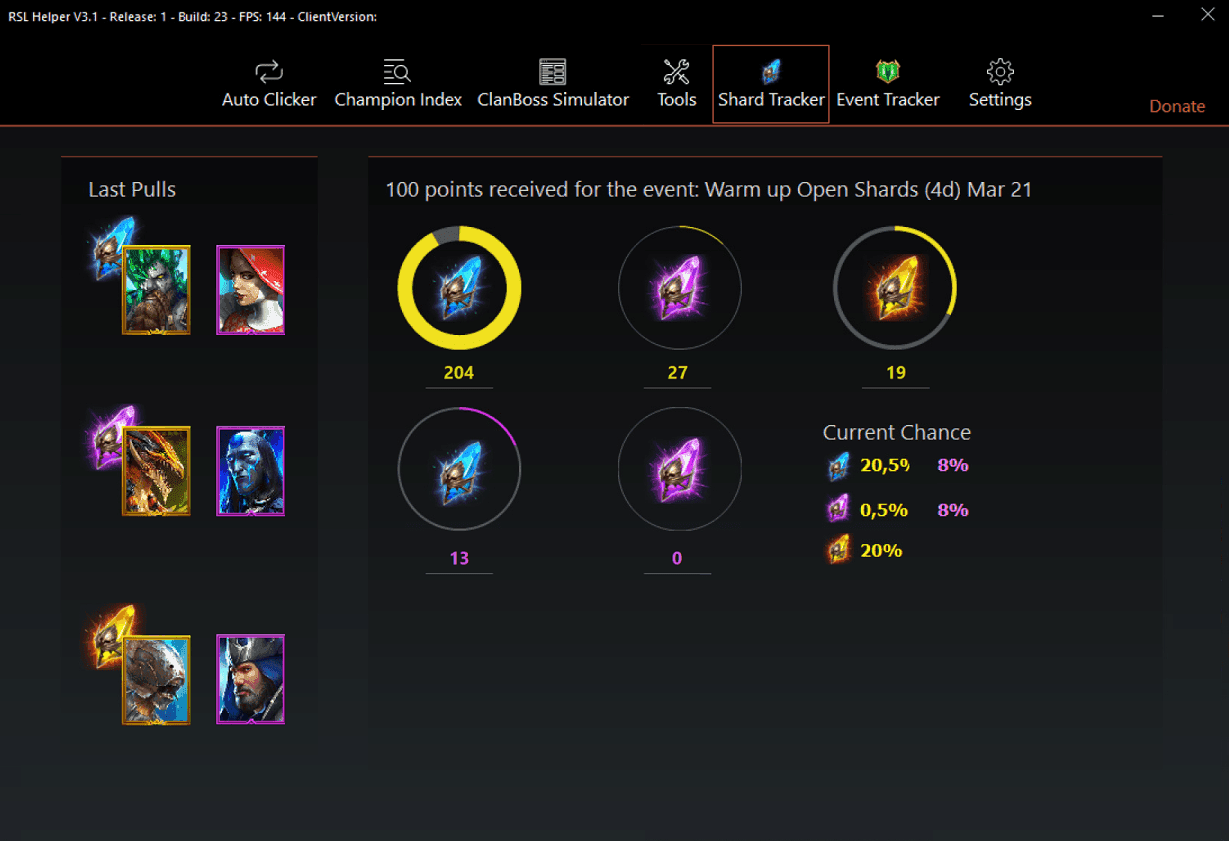Franchising a Cloud Kitchen in Bangalore: Why It’s Smarter Than Going Solo

Bangalore isn’t just India’s tech capital, it’s also one of the country’s busiest food delivery markets. Swiggy was born here. Zomato thrives here. And a young, tech-savvy population has quietly turned cloud kitchens into the backbone of how the city eats.
But the very same demand that makes Bangalore a goldmine for cloud kitchens also makes it fiercely competitive. If you’re an aspiring food entrepreneur, you’re probably torn between two options: build your own kitchen from scratch or partner with an established player as a franchise.
Let’s break it down and explain why, especially in a city like Bangalore, franchising is not just the safer bet, but also the smarter one.
Why Bangalore Is Perfect for Cloud Kitchens
Searches for cloud kitchen Bangalore have skyrocketed in recent years, and for good reason. India’s online food delivery market crossed ₹1.5 lakh crore in 2024, and Bangalore is at the heart of that growth. Office workers, students, young families — few want to cook after a long day when they can get biryani, homely meals, or dessert delivered in under 30 minutes.
At the same time, real estate prices in prime areas like Koramangala, Indiranagar, and Whitefield are among the highest in the country. Full-service dine-in restaurants are expensive to run, while cloud kitchens, operating out of smaller, lower-rent spaces designed for delivery, are thriving.
But here’s what many new entrepreneurs underestimate: knowing where the demand is, and actually capturing it, are two very different things.
The Solo Dream — And Its Harsh Reality
It’s easy to think: Why share profits with anyone? I’ll run my own kitchen and keep it all. On paper, it sounds straightforward. But in practice, most solo operators quickly realize what they’re up against:
- Upfront costs are higher than you expect: Even a modest kitchen in a decent location will cost you upwards of ₹15–25 lakh once you factor in rent deposits, equipment, licenses, and aggregator commissions.
- Licensing and Compliance: BBMP trade licenses, FSSAI registration, fire NOC — expect delays of weeks, if not months, just to become operational.
- No brand, no trust, no visibility: Aggregators like Swiggy and Zomato promote brands that customers already know or that have high order volumes. As an unknown solo kitchen, you’ll find yourself buried in search results.
- Operations can drain you: Finding reliable staff, maintaining hygiene standards, managing suppliers, responding to customer complaints, you’re doing it all, and mistakes cost money.
- Aggregator fees: Platforms charge commission on every order, and solo players rarely have the leverage to negotiate better rates.
We’ve seen countless solo kitchens close within a year, not because there was no demand, but because they couldn’t keep up with the costs and complexity.
Why Franchising Wins, Especially in Bangalore
Now, let’s talk about franchising.
When you franchise with an experienced cloud kitchen operator, you’re essentially plugging into a system that already works. Here’s how that plays out in Bangalore’s competitive market:
- Proven Demand and Trusted Brands
Franchising gives you access to established brands that customers already know and trust. Instead of spending months building awareness, you start with orders on Day 1.
Take Kouzina, for example, brands like WarmOven, KaatiZone, and Indiana Burgers already rank high on aggregators and have loyal followings.
- Lower Investment, Faster Launch
Franchise kitchens with Kouzina start at around ₹3.5 lakh — a fraction of the investment you’d need to build on your own. Because you’re sharing infrastructure, supply chain, and technology, you can get up and running in weeks, not months.
- Multi-Brand, Multi-Cuisine Advantage
Unlike running a single menu, you can host multiple brands from one kitchen. This means you can cater to lunch bowls, evening snacks, and late-night desserts from the same space, increasing your revenue per square foot.
- Tech and Operations Support
The hardest part of running a kitchen isn’t the food — it’s the operations.
Franchise partners get access to Kouzina’s AI-enabled dashboards, real-time inventory management, standard operating procedures, and training modules. That translates to fewer mistakes, less wastage, and better profits.
- Better Aggregator Deals and Visibility
Established players often have pre-negotiated agreements with Swiggy and Zomato. That means lower commissions, better placement in search results, and higher order volumes — things solo kitchens struggle to achieve.
What to Ask Before Choosing Any Franchise
Not all franchises are created equal. Before you commit, ask the right questions:
- Do they have proven success in Bangalore’s specific market conditions?
- How strong is their relationship with Swiggy, Zomato, and other aggregators?
- Do they offer true multi-brand flexibility?
- Is there tech and training support baked in?
- What kind of daily order guarantee (if any) do they provide?
Clear answers to these questions can save you a lot of frustration down the line.
Conclusion
Starting a cloud kitchen in Bangalore is one of the most exciting business opportunities today, but it’s not easy. The city’s demand is huge, but so is the competition.
Going solo might seem appealing, but the risks and costs often outweigh the rewards. Franchising with an experienced partner like Kouzina lets you start strong, scale quickly, and stay profitable, without burning yourself out or bleeding cash.



